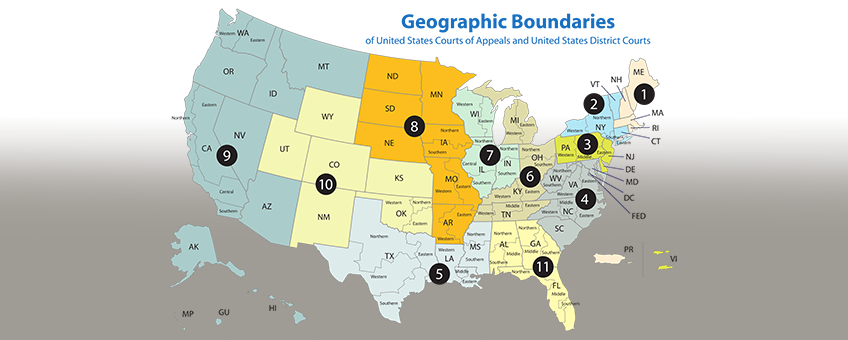
Westech Aerosol v 3M
Westech Aerosol Corporation v. 3M Company, et al.
No.2018-1699 Fed. Cir. July 5, 2019 Before Circuit Judges Lourie, Mayer, and Reyna.
Westech appealed the decision of the district court for the Western District of Washington granting 3M’s motion to dismiss for improper venue. Considering the Supreme Court’s ruling in TC Heartland, 137 S.Ct. 1514 (2017), 3M moved to amend its motion to dismiss to include an argument that venue was improper because 3M did not have a regular and established place of business in the judicial district.
Westech argued, inter alia, that the presence of sales representatives and 3M’s sales in Washington supported venue in the district and that 3M has a “principal place of business” and other business locations at various addresses in Washington. 3M countered that it did not own lease, use, or maintain property at any of the locations identified in Westech’s response. Further that 3M did not currently occupy any of the locations identified by Westech.
In addressing the venue issue, the court agreed with 3M that a sales presence in the judicial district did not by itself satisfy the patent venue statute and allowed Westech to amend its complaint to allege proper venue. Instead of pleading facts to support proper venue Westech parroted §1400(b). 3M once again moved to dismiss for improper venue and a few days later the Federal Circuit issued its decision in In re Cray Inc., 871 F.3d 1355 (Fed. Cir. 2017) which held that 1400(b) requires a defendant to have a physical place of business in the district. Accordingly, the court granted the motion to dismiss.
Westech appealed. After Westech filed its opening brief, 3M moved for sanctions arguing that Westech’s appeal was frivolous as argued because Westech disregarded the holing in Cray and In re ZTE (USA) Inc. 890 F.3d 1008 (Fed. Cir. 2018).
Questions of venue are reviewed de novo. The court held in ZTE that the plaintiff had the burden of establishing proper venue under §1400(b) and second the court held in Cray that venue under the patent statute is proper when the facts show that the defendant has a regular and established place of business physically located with the judicial district. Westech’s second amended complaint failed to meet these standards as Westech failed to plead any facts. The court said that a presumption that facts pleaded in the complaint are true does not supplant a plaintiff ’s burden to plead and established place of business physically located in the judicial district.
Regarding sanctions the Federal Circuit held that Westech’s appeal, while lacking merit, was not frivolous as filed. The court held that at the time of filing the appeal the question of who had the burden to show the defendant has a regular and established place of business in the judicial district was not settled because the opinion in ZTE had not issued. On the other hand, Westech’s appeal was frivolous as argued because Westech disregarded controlling las despite being aware of both Cray and ZTE during the pendency of the appeal. However, the Federal circuit declined to grant sanctions under these circumstances. The court said, “It is due to the unique procedural posture here and the sequence of events in the evolution of this court’s patent venue law that we deny 3M’s motion for sanctions.”
Image: Federal Bar Association
Read more: Federal Bar member attorneys may access the full case summary by registered patent attorney B.C. “Bill” Killough in the August 2019 issue of Federal Circuit Case Digest
 B.C. Killough is a registered patent attorney based in Charleston, SC. On behalf of his clients, Bill has obtained more than 300 United States patents, participated in prosecuting more than 100 foreign patent applications and he has filed more than 1000 trademark applications with the US Patent and Trademark Offices.
B.C. Killough is a registered patent attorney based in Charleston, SC. On behalf of his clients, Bill has obtained more than 300 United States patents, participated in prosecuting more than 100 foreign patent applications and he has filed more than 1000 trademark applications with the US Patent and Trademark Offices.
Additionally, you may read the full opinion here.